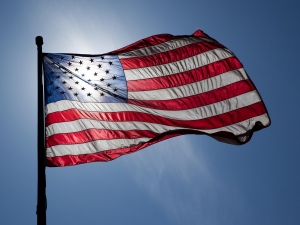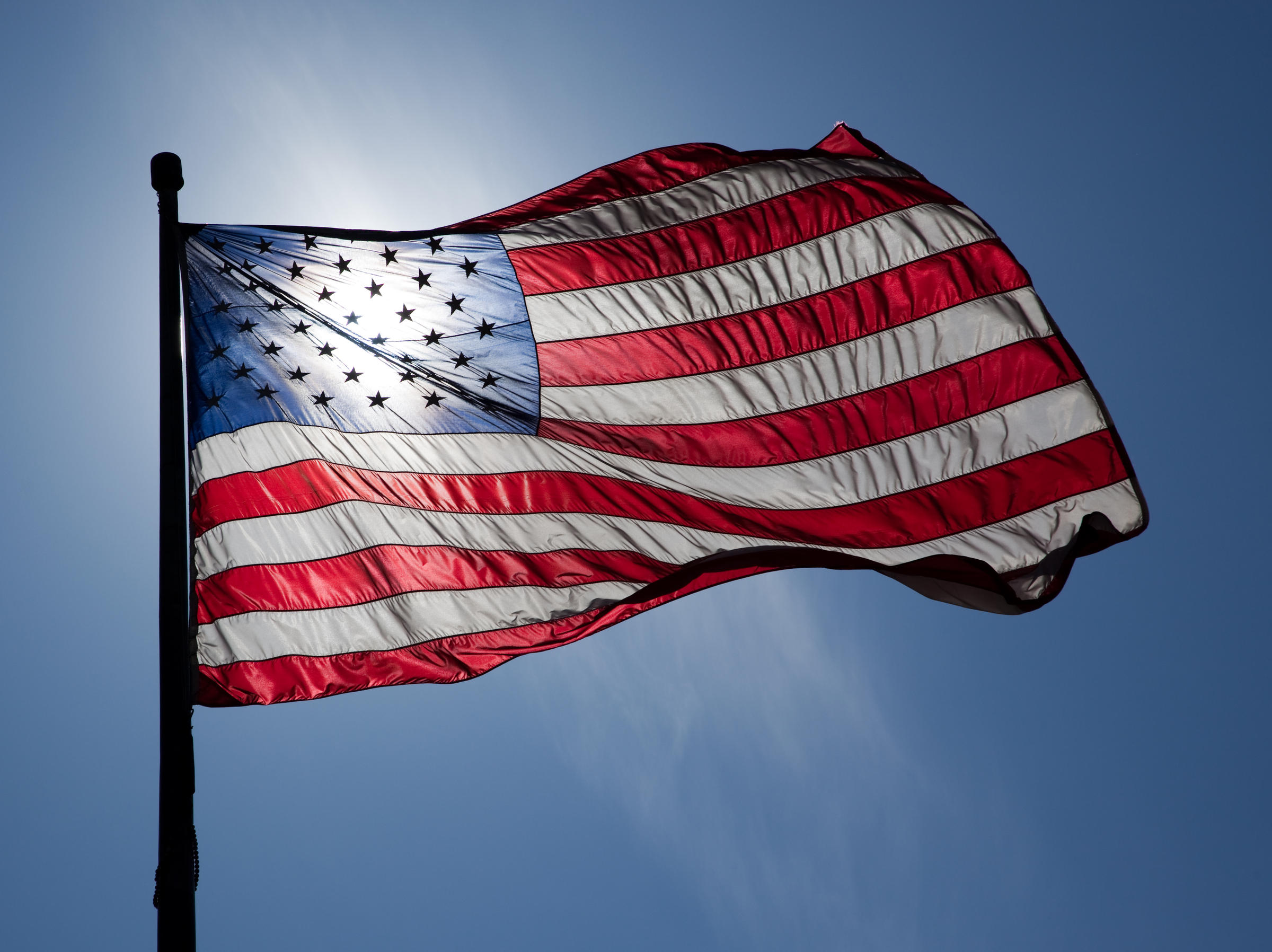Can we move our country to a better place?
 I have been meaning to write this for some time. I read with interest the post about the class of 1968, and how their reunion seemed to be backwardly focused, with a major reunion event being a panel with George Bush.
I have been meaning to write this for some time. I read with interest the post about the class of 1968, and how their reunion seemed to be backwardly focused, with a major reunion event being a panel with George Bush.All eyes need to be forward looking now, as we have—not just Yale 1969 people—pretty much run our country into the ditch. The passengers have all gotten out of the car, and are yelling past each other.
One of the Great Books of all time, on everyone’s list, is the Federalist Papers, giving expression to the ideas that birthed our country and sustained it for 250 years. These were the ideas that are the foundation of the Constitution, and they enabled the United States to push through The Enlightenment and thrive, avoiding the revolutionary excess that turned the revolution in France on its head during the 1790s with the Committee of Public Safety responsible for the execution of thousands of people over the space of a few years, ending with its leader, Robespierre, eventually falling to the same fate.
We have learned to hate each other, red and blue. Trump TV over the last three and a half years, along with the star of the show, have been stoking hatred and animosity to such an extent that Steve Schmidt’s phrase—“a cold civil war”—accurately describes the politics of the country.
Like Yuval Noah Harari, I have given up on the idea that the United States will still exist 500 years from now and perhaps not even 100 years from now.
But I wonder: do those of us who graduated 50 years ago from Yale, people now in our 70s, have anything to contribute to the nation that will help us to start pulling together again? Do we dare to think that we have ideas to offer in this very troubled time? Our reunion next spring may be the time when we can explore these questions together.


What an excellent idea, Macon. We could agree to read Yuval Noah Harari’s 21 Lessons for the 21st Century and then offer our insights and wisdom on how to confront the three great challenges he flags for the rest of this century: nuclear war, ecological collapse, and technological disruption. A plenary session with break-out groups on each topic might work. — Tom Jorde
Thank you, Macon, for your thoughtful, educated! and eloquent statement. I will consider attending the reunion if there is something we can do or attend that might involve some consciousness raising about ways forward. Please sign me up. I don’t know Yuval Noah Harari but he seems to have some interesting ideas and practice. I wonder if there is anyone in our class or one of the other schools who might be up for a panel. The last group of hopeful Yalies I met was a group from Dwight Hall, which I never participated in back in the day. Maybe we could get some of them involved. Johnny Scafidi was a helpful guy a year ago . . . Can art/music/poetry/theater help us anymore?
(Johnny was/is Director of Development & Alumni Relations | Dwight Hall at Yale | Center for Public Service and Social Justice)
I am afraid that my friend Macon has turned his otherwise good piece into a politically charged challenge with his gratuitous remarks about President Trump. This does not create a foundation for any kind of any honest dialogue. This country has long departed from the freedoms set forth in our great Constitution which, in my view, has led to the severe divisions in our nation today. The more that the federal government intrudes into the everyday lives of our people, exactly what our Constitution was adopted to prevent, the more individual freedoms they remove. It is the exact opposite of the federalism that is a foundational element of the Constitution. A one size fits all approach to government, by definition, means forcing the will of some on that of others where it has no place. What may be appropriate in Missoula, Montana may have no relevance in New York City. The residents of towns and states should determine their own rules rather than have them set by a few in Washington, which is exactly what is occurring today. A lot of us find that threatening and counterproductive. Macon lives in one of those bubbles in America – Boulder, Colorado – largely isolated from those millions who face huge economic challenges in our country. I live in Baltimore City, a gritty city plagued by very high rates of violence, terrible public schools, extremely high taxes that discourage homeownership and business investment, and a continuing loss of population. The City has been run by Democrats for decades, and Trump has nothing to do with the City’s problems. (P.S. I ran for Mayor as the Republican candidate in 1999 because I was so frustrated by the condition of the City.) Given Macon’s decision to inject his view of Trump into the dialogue, I am highly doubtful that his suggestion of having the kind of discussion he proposed would be either pleasant or productive. It is destined to devolve into a lot of animosity.
David Tufaro
Baltimore, Maryland